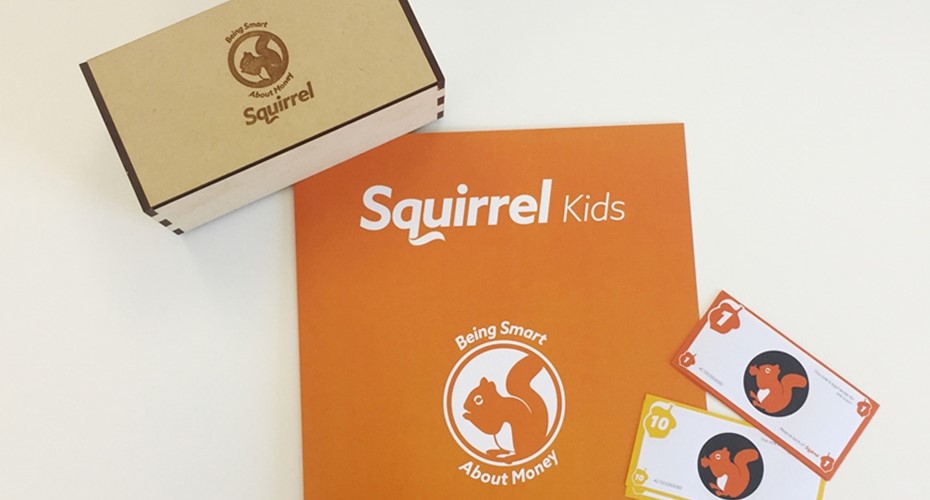Insight: The curriculum needs better financial education

English, maths, physics, chemistry - there are plenty of things that our children go to school to learn. It's where kids learn the fundamentals of both the academic and the social world, making up an integral part of the experience of being a young person in New Zealand. Many people have fond memories of the time they spent in our education system, but there seems to be one glaring hole in what we teach our kids: financial skills and responsibility. And it's this challenge that Mortgage Adviser Peter Norris and the Squirrel Kids team from Squirrel Mortgages have taken upon themselves to help solve. Check out the video here.
The missing link
While the New Zealand curriculum certainly includes financial capability as a topic, it is relegated to cross-curricular studies and often does not have a firm place in any solid teaching structure. "At the moment in schools, it's compulsory for them to have some sort of financial education, but the level of that is completely up to the school," explains Peter. "They could just touch on it in a Maths class, and they would be meeting that requirement." While there have been examples of teachers emphasising good financial education, the fact remains that plenty of Kiwi kids leave school with only the barest understanding of more complex financial topics - and potentially very little good financial behaviour too.
Bridging the gap
Thankfully, there are people like the Squirrel Kids team that are trying to make a real difference to young Kiwis when it comes to their money. While the mortgage advisers here at Squirrel do plenty of financial education with adults, there is a lot to be said for ensuring that you start teaching good habits while the kids are still young. It might be key to their future financial success. "Adults are just less likely to implement the changes," Peter says. "Whereas if you can get into the youth - they are just more adaptable." Squirrel Kids focuses its current efforts around teaching 10 year olds about the different ways that money works. In the classes, each child receives a fictional $20 which they can then put into their 'treasure box'. This box is separated into four sections: share, save, invest and spend. Every week, $10 goes into spend, which represents necessities like food, water and shelter. It's teaching kids early that there isn't a way around this kind of cost - that you have to work around it instead. The other $10 can be used however the child wants. Share means they split it with the rest of the class, invest means they pop it away for self-development like education, while save (the most popular option overall, according to Peter) is the equivalent of putting it in the bank, earning money under a simplified version of interest rates. Peter also describes how teenagers in more advanced versions of the programme would learn about things like their first home loans, mortgage repayments and how best to manage debt. The entire process is transparent, involves the parents and has received an overwhelmingly positive response from everyone involved so far, from parents to kids to schools.
Beyond behaviour
While the current programme is not yet nationwide, the team behind Squirrel Kids hopes that these kind of classes can be made available to every school across the country. And it isn't just about teaching good behaviour - this kind of financial education could have sweeping ramifications for the whole of New Zealand society, particularly for those most at risk. "By teaching kids financial education and doing it properly, I think that levels of crime and family violence will reduce," Peter explains. "So much of that can be traced back to financial stress in the household ... It's much more than just financial education." By taking the time to teach kids how to handle their money the right way, Peter Norris and his colleagues at Squirrel Mortgages hope to create a more responsible and financially capable generation of New Zealanders. Hats off to you Squirrel Kids!
Receive updates on the housing market, interest rates and the economy. No spam, we promise.
The opinions expressed in this article should not be taken as financial advice, or a recommendation of any financial product. Squirrel shall not be liable or responsible for any information, omissions, or errors present. Any commentary provided are the personal views of the author and are not necessarily representative of the views and opinions of Squirrel. We recommend seeking professional investment and/or mortgage advice before taking any action.
To view our disclosure statements and other legal information, please visit our Legal Agreements page here.

